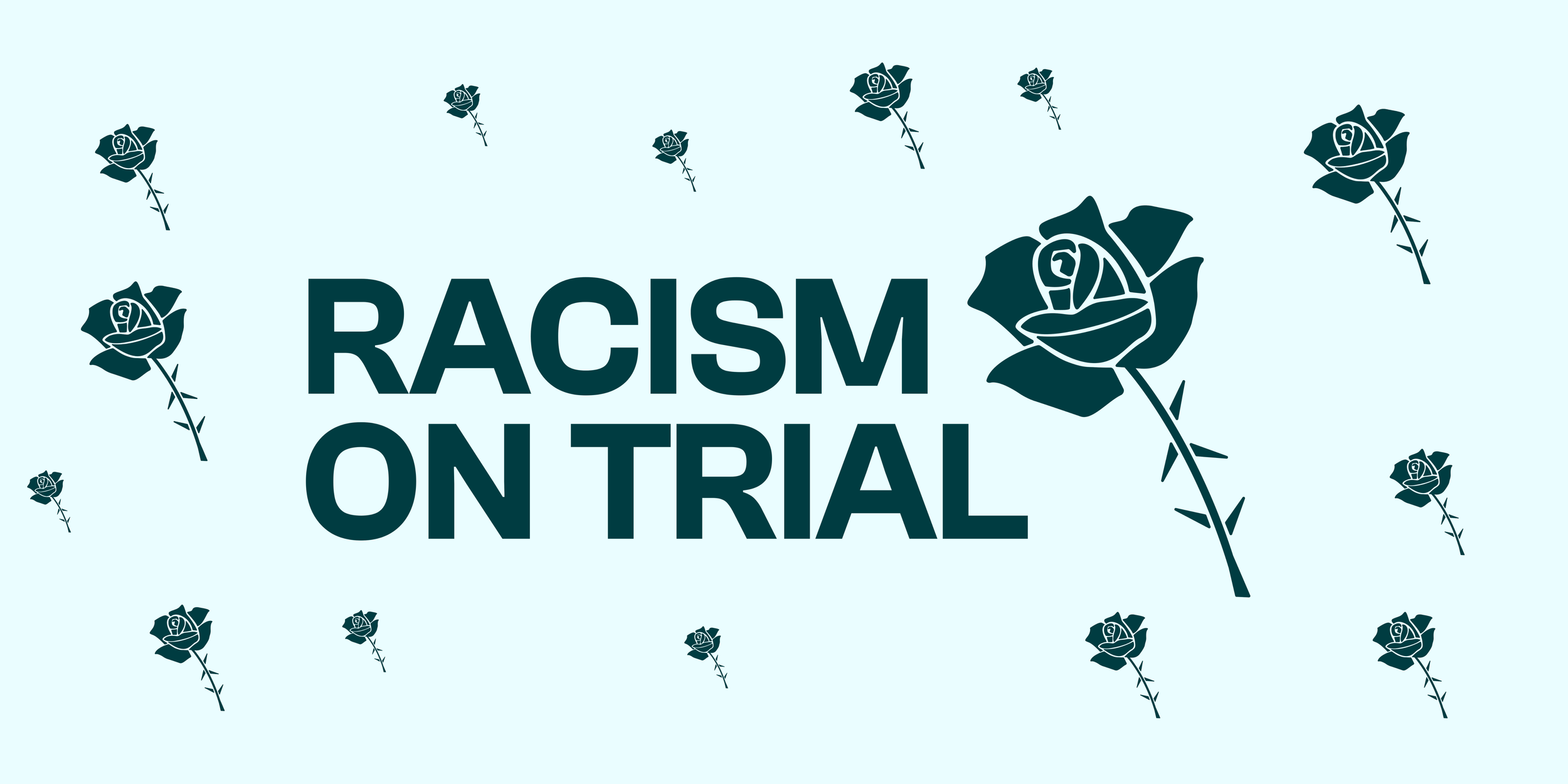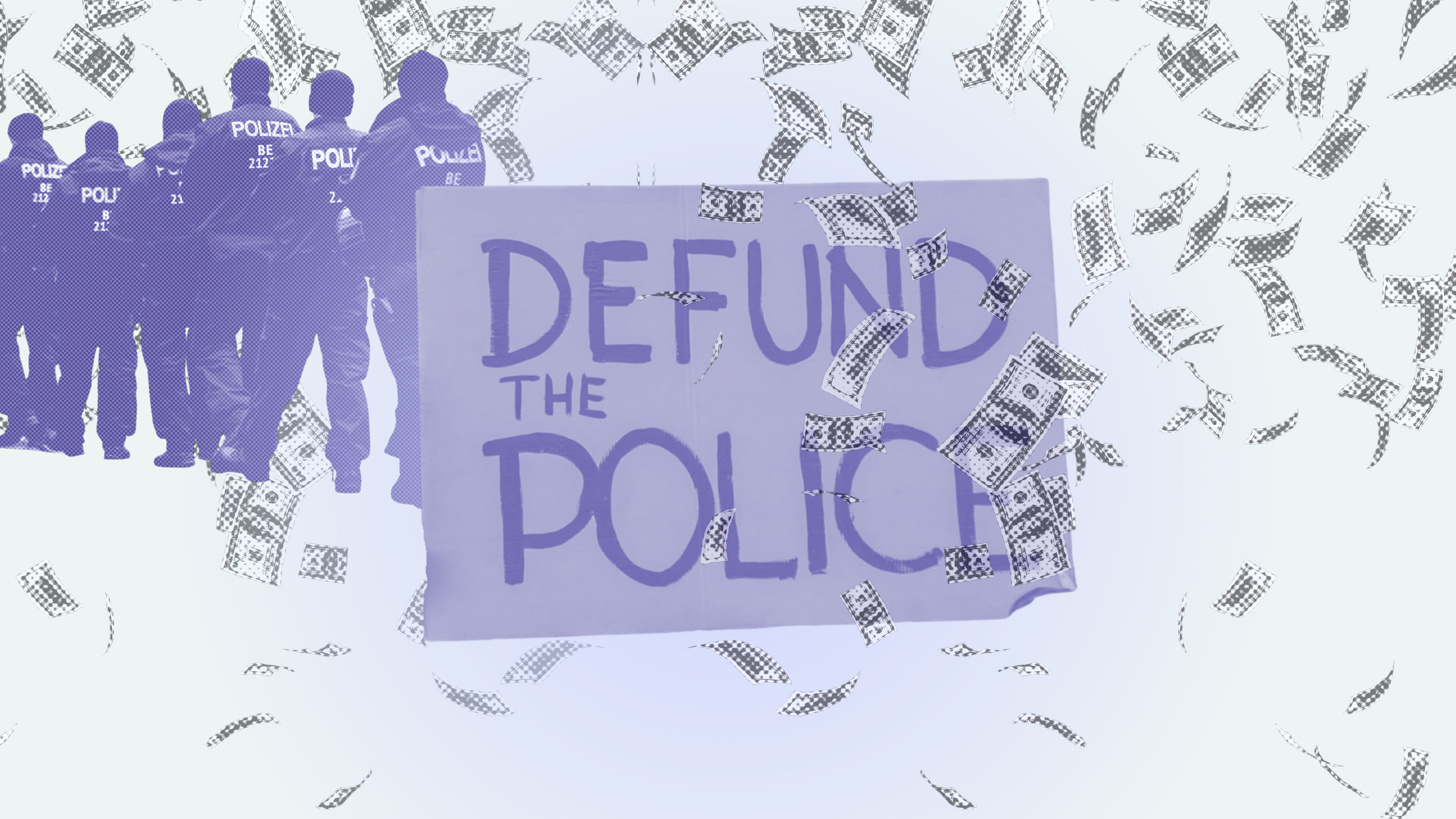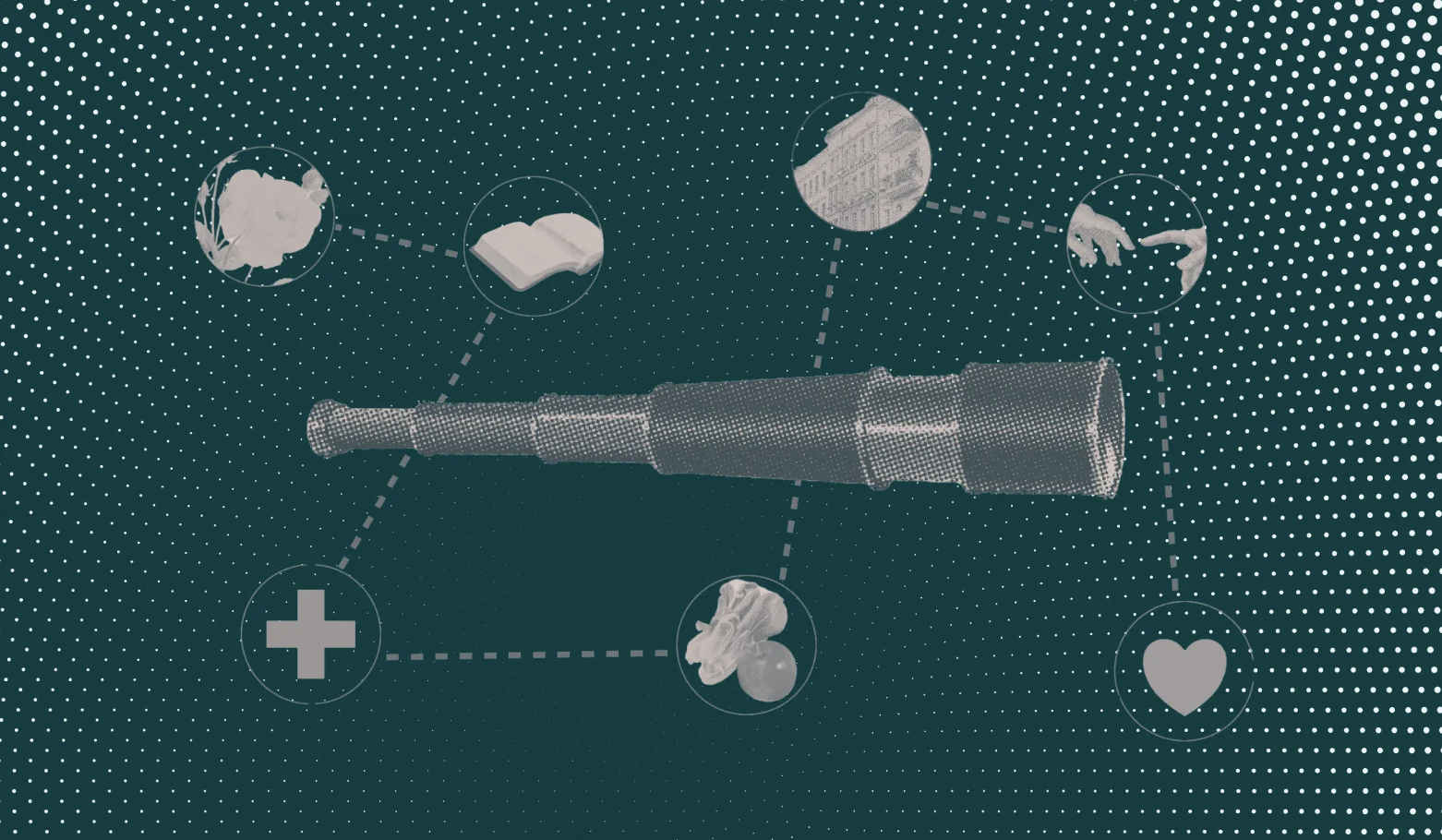JUSTICE COLLECTIVE IS A BERLIN-BASED PROJECT THAT ACTS
to reveal and challenge how governments police and punish, including in ways that target people experiencing poverty and inequality, people of racialized groups, and people making a life for themselves in new places.
to end societies’ reliance on policing, punishment, and prisons. To build communities that choose justice over jails and care over cages.
to build and connect across movements and borders — because punishment is a common policy response across different parts of society (in schools, welfare systems, healthcare) and different parts of the globe.
Initiatives
-

Racism on Trial
Racism on Trial is a campaign initiated by Justice Collective to reveal and resist racism in Germany’s criminal legal system.
-

Disrupting mass criminalization
Day in and day out, the criminal legal system punishes people experiencing poverty, people from racialized groups, migrantized people, and others at these and other intersections. This is not a bug but a feature of the system.
-

Resisting tough-on-migrant politics
Ascendant in politics and in public discourse is the stigmatizing narrative that migrants are responsible for rising crime. What follows from this narrative is demands for tough-on-crime, tough-on-migrant policies: Closed borders, stricter criminal penalties, and additional resources for the police. We act to resist these politics.
Learn more
Get Involved
DONATE
Justice Collective’s independent, critical, and responsive activism and research is made possible through individual donations.
You can support our work here or by donating directly via our IBAN: DE10 1005 0000 0191 1189 74.
CONTACT
Contact us at info[at]justice-collective.org







